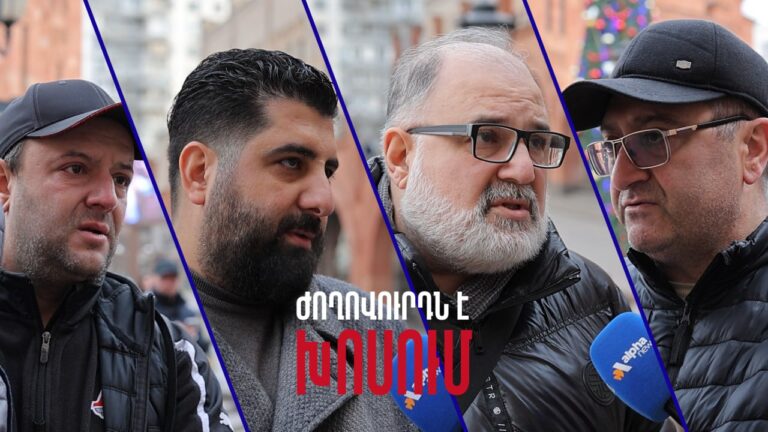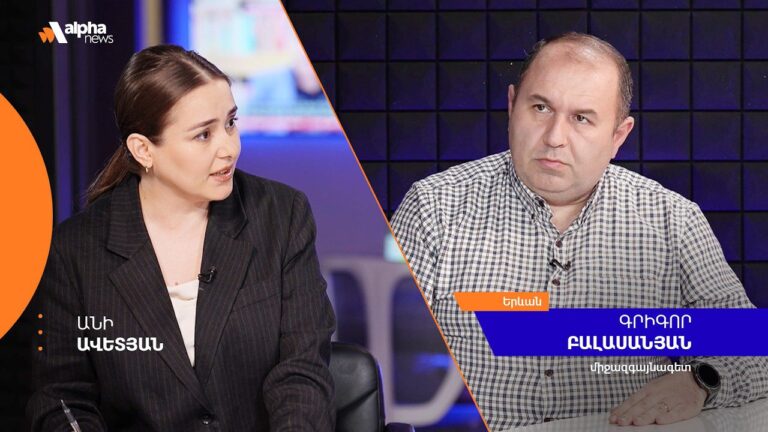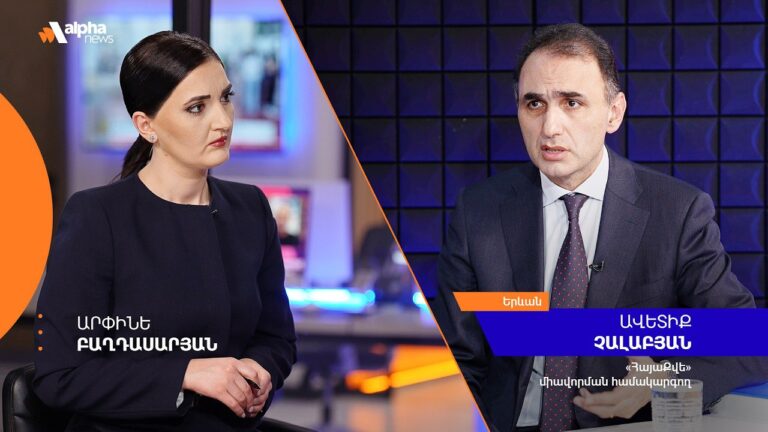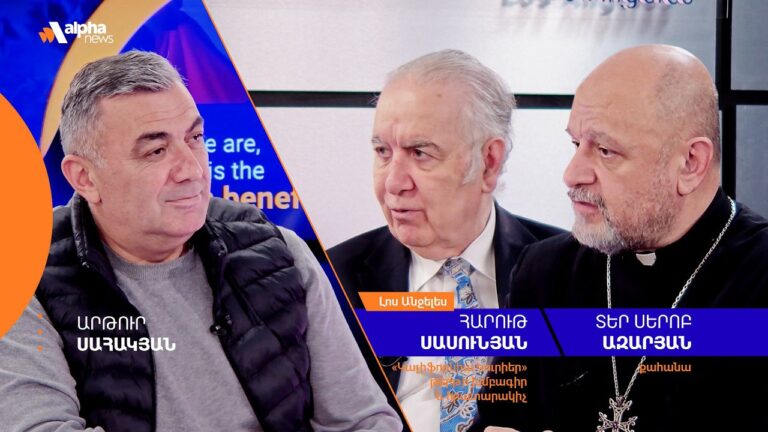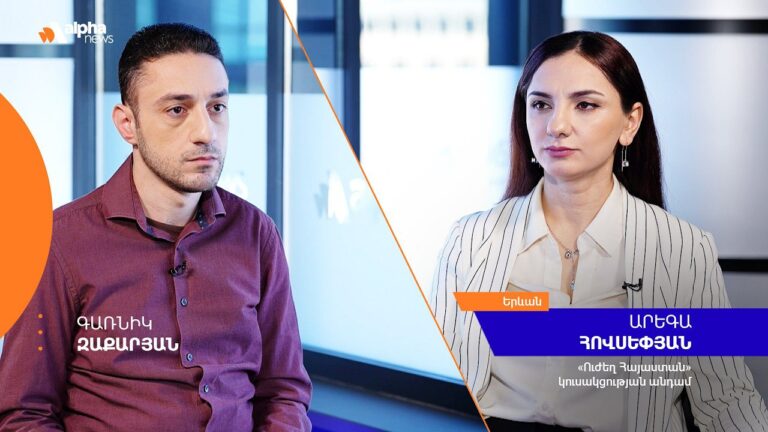Why is Nikol Pashinyan speculating on “bringing Armenia closer to the EU” now?
February 13 2024, 19:20
The Armenian public continues to be subjected to information terror, and with each new “round” the public falls into an increasingly greater “information knockdown”.
If earlier the authorities convinced the Armenian public that “having surrendered Artsakh, we will be able to live in prosperity and safety,” now the current theme of pro-government propaganda is “when we want to be Armenians, we are constantly subjected to violence from other states.” As a way out of this situation, the authorities propose to renounce our identity, stop claiming anything, forget our past, and try to start everything from scratch. Maybe then the “bulls around us” will allow us to exist.
If we translate these metaphors into the language of applied politics, we will understand that Nikol Pashinyan and his political team propose that the Armenian public approve the change of the Constitution and the rejection of the Declaration of Independence. In other words, they propose to fulfill the political demands that official Baku and Ankara are putting forward in the current short-term period of time.
However, Nikol Pashinyan and his team understand perfectly well that in a situation where Pashinyan is a politician who has the highest anti-rating in Armenia, where both in Yerevan and in the regions of Armenia the Civil Contract party has a problem with the election turnout and a problem with organizing effective communication with people, holding a referendum will not be easy.
Apparently, Pashinyan, his team, and “invisible advisers” decided to build the upcoming campaign around two ideas:
1. If we do not reject the Declaration of Independence and change the Constitution, we will definitely get a war.
2. The rejection of the Declaration of Independence is also a rejection of the Soviet past and the opening of doors to the EU.
In other words, Armenia will have a chance to become a member of the European Union, especially now when, according to Pashinyan, “the South Caucasus is a region of the EU,” because both Georgia and Turkey are candidates for EU membership.
If we further simplify the second point, it will mean that citizens will be promised a “visa-free regime with the EU” if we renounce our identity, that is, the current Declaration of Independence.
The topic is very broad and requires a detailed and separate analysis for each point. For example, how do the Armenian authorities imagine abandoning the “Soviet past”, while trying to “legitimize” what the country inherited from the USSR—29,800 square kilometers of territory?
Or how did it happen that Armenia was accepted into the EAEU despite the existence of Armenian Artsakh, but the EU “opened its door” only after Artsakh came under the control of Azerbaijan?
The narrative about “bringing Armenia closer to the EU as much as Brussels itself deems necessary” is just a political ploy aimed at ensuring a more or less acceptable level of citizen participation in a political event called a “referendum on the adoption of a new constitution.”
Returning to the topic of “getting as close to the EU as possible,” or the authorities’ potential promises to achieve a visa-free regime for Armenian citizens under the new Constitution, we need to remember that one of the criteria of truth is practice. The criterion of truth is what confirms the truth and allows us to distinguish it from error.
Ask a question: Which of the authorities’ promises in the past were fulfilled?

